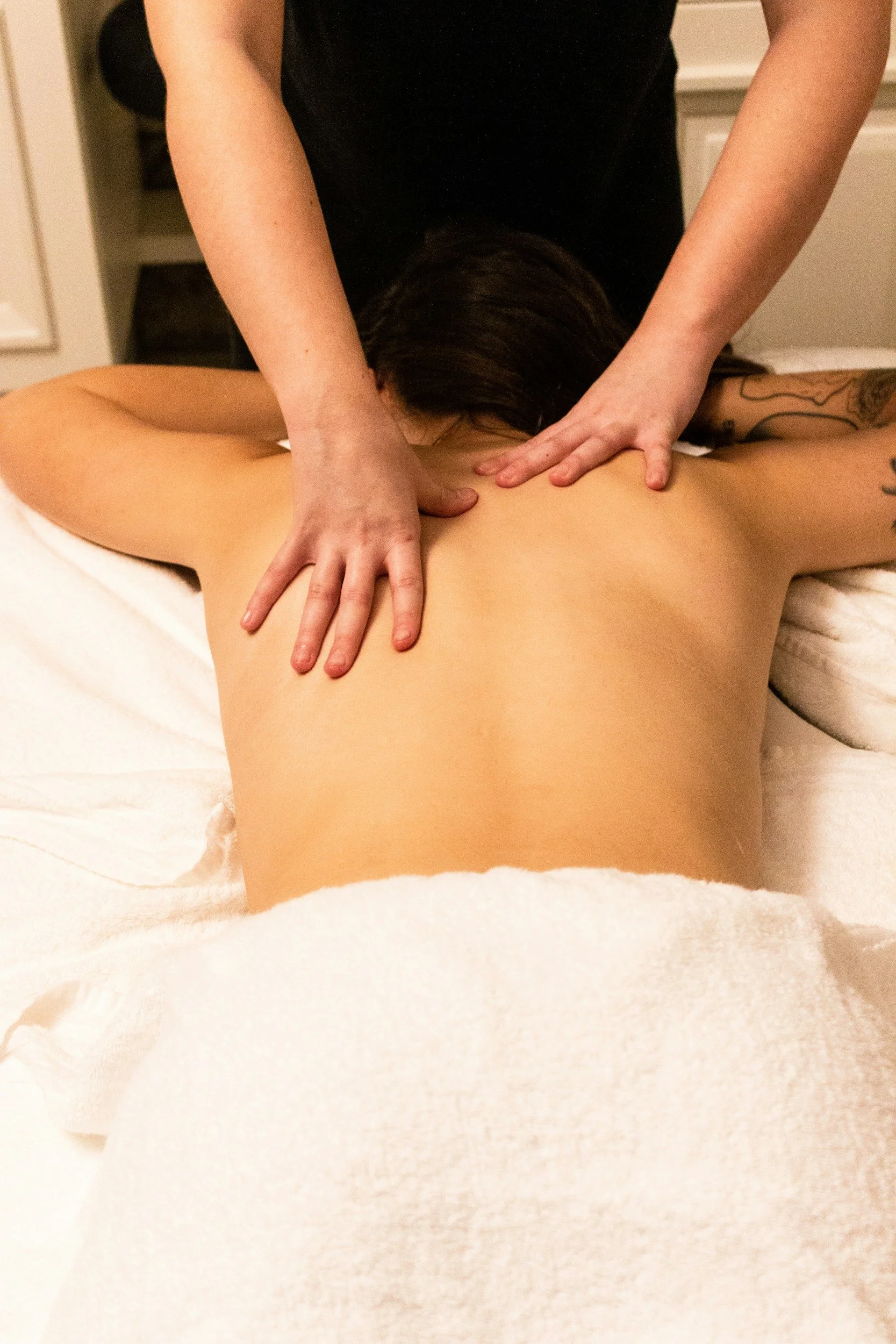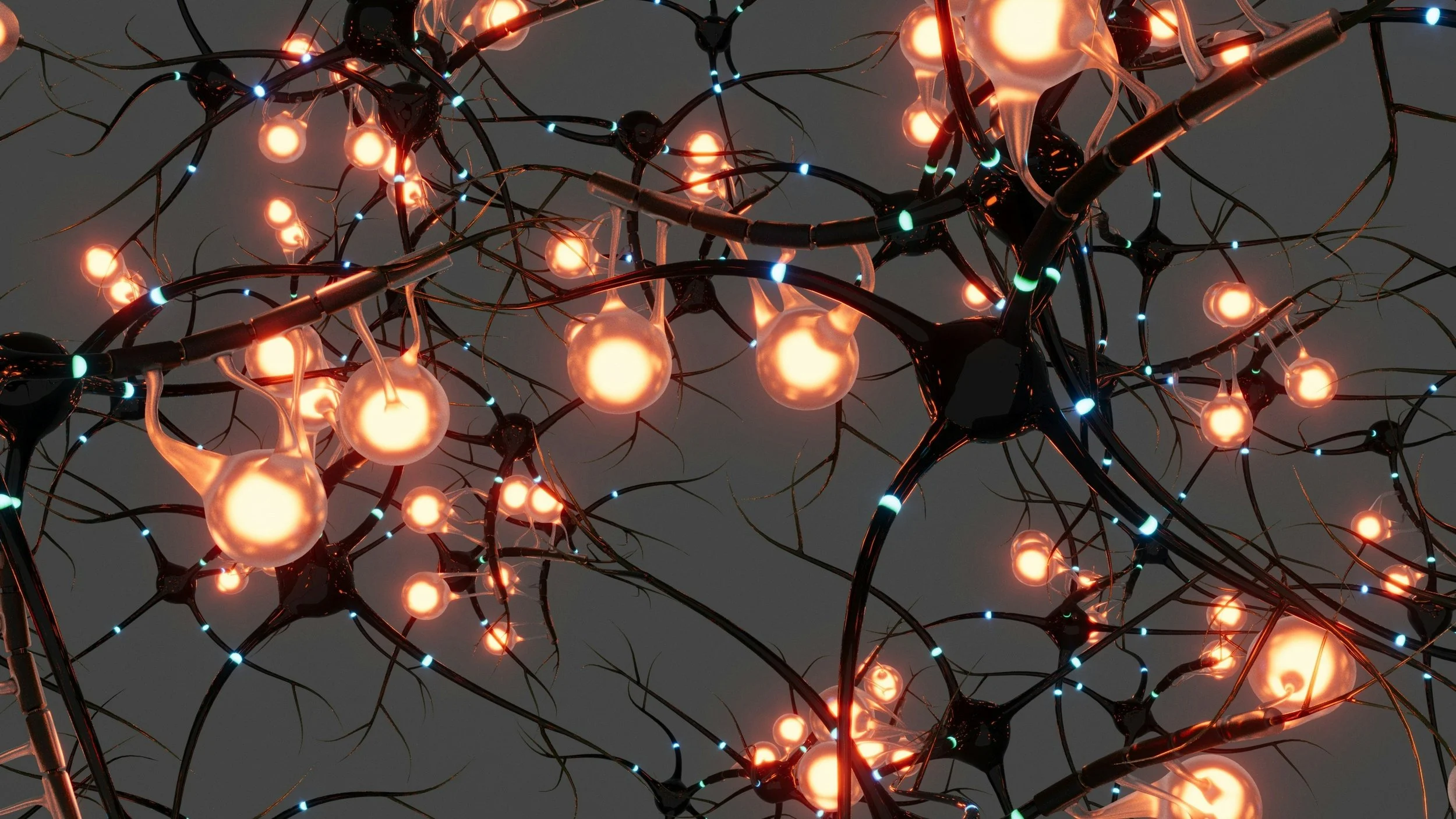

The Buddha’s Medicine Blog
Through our blog, we aim to provide a repository of knowledge, inspiration, and practical guidance on all aspects of health and effective natural healing tools. We are passionate wellness enthusiasts, dedicated to bringing you valuable insights, ancient wisdom, and modern approaches to help you align with the healing power within and discover the path to a harmonious & fulfilling life. Explore the profound and timeless wisdom of holistic living, and unlock the secrets of well-being and inner peace within you.
The Living Seasons Project is a physician-guided (by me personally) seasonal preventive health and wellness program designed for everyone, including you! The Living Seasons Project harnesses key and universal tools of lifestyle medicine like evidence-based nutrition, exercise and movement, and stress reduction, and more to optimize our community's health. What sets The Living Seasons Project apart is how we apply Ayurvedic principles to all of those tools to optimize them for each season of the year.
Whether you're seeking a mini-retreat from the busy-ness and intensity of life or navigating complex health conditions, you've got a place to land and be tended to with us.
At The Buddha's Medicine, our LMTs are trained to recognize and make intentional use of marma points in their work, weaving the ancient wisdom of Ayurvedic healing touch into contemporary, blended techniques.
We welcome and encourage our patients (medical and mental health) to take advantage of our massage offerings at The Buddha's Medicine. But our massage services and care are not exclusive to our existing patients! Anyone can come receive the benefits our team's wonderful work offers.
The Buddha's Medicine in Portland, OR expands its integrative care offerings with massage therapy and Ayurvedic bodywork. Our skilled team blends traditional techniques—Swedish, Shiatsu, table Thai, neuromuscular—with authentic Ayurvedic therapies like shirodhara, kati basti, and garshana. Discover how therapeutic touch can support healing on every level.
In Ayurveda, we understand that nature doesn't operate in straight lines; the seasons cycle, the doshas shift, and our bodies & minds move through rhythms of expansion and contraction, activity and rest. The "new year" isn't so much a fresh start as it's another turn of the wheel: an invitation to notice where we are and gently adjust our course.
You might wonder if eating Ayurvedically during Thanksgiving means sitting at the table with a separate meal, explaining your dietary needs, or feeling like you're missing out on cherished family traditions. The truth is quite different: Ayurvedic eating isn't about restriction or separation, for it's more about bringing consciousness and care to how we prepare & consume food.
Winter doesn't have to feel heavy. Explore integrative treatments for Seasonal Affective Disorder combining ancient Ayurvedic wisdom with modern medicine.
There is a quality and depth of relationship with the physician (that's me) that each person gets in seeking care at The Buddha's Medicine - and that can be hard to find elsewhere.
It’s happened again - you’ve been hit by a virus, struck by a smooth criminal. But which one? Perhaps a COVID test or a respiratory viral panel will answer that question; but then again, maybe it won’t.
How do we define a sustainable healthcare relationship? At The Buddha's Medicine, we consider a sustainable healthcare relationship to be a direct one: one wherein there is regular, consistent access and communication; one in which availability is high; one that is defined by trust and ample opportunities to develop that trust; and one that is financially transparent.
Somatic therapy helps us reconnect with our essential being. It takes the emphasis off our minds and moves us into a richer, more organic, field of knowing: our bodies. Our bodies were our original home, before social conditioning taught us to look outwards or ‘use our head.’ As babies (like my anesthetized daughter), we instinctively yearned for regulation through breath, touch, and presence. Reclaiming that connection is how we return to ourselves.
As I write this piece (early November, 2025), however, our healthcare situation in the United States is looking rather dire, for a variety of reasons. One of the chief contributors to this grim outlook is the cost of care - and in particular, the cost faced by regular, every day people - to get the care they need.
As a therapist, my job is to help you feel safe enough to hear all of yourself—until you can hold each part with the same compassion, courage, and clarity. This means listening to every part’s story; learning when they started driving, what they’re afraid of, what they’re hoping for. In IFS, we call those fears “burdens”—and gently, we learn to release them with compassionate listening and regular companionship of Self.
One thing I often tell the families I work with is that: a playing brain is a learning brain. Neurobiology backs this up. When activation meets connection—aka, play—we increase our capacity to tolerate distress, make meaning, and self-regulate.
When we feel like we have to fight to be respected, we might want to consider the situations we’re placing ourselves in. When we feel slighted, we might ask ourselves how much power we’re handing over to other people’s actions. Because the sad truth is—when it’s up to them, they rarely get it right.
What does this mean in the sense of polyvagal-informed therapy? It means that our nervous-systems are in the water. So the question we need to ask is: what water is your nervous system swimming in?
It is possible to live in a world with nearly zero measles, polio, whooping cough, diphtheria, and more. And it is possible for us to have enough health and well-being to withstand the intentional stressor of vaccines, and then to move forward with even more health and well-being.
Over the course of my time in practice, I have come to recognize that all behaviors make sense in context. And this means we have to choose a different paradigm. Following this different paradigm requires us to ask different questions.
I became a therapist because I know what it's like to need help. I know what it's like to feel confused or at the mercy of your reactions, your habits, your sensitivities. I know what it's like to have all the "right" tools and still feel stuck. And I know the relief of finally working with someone who sees you.
Jamie’s jam is nervous system awareness and safety - first, knowing what your nervous system’s bandwidth and capacity is in the moment. She brings regulation and grounding through mindfulness, body-based techniques, nature-based work, and more. And once you are regulated and feel safe, the work can begin at deeper layers.
In a world that often asks neurodiverse individuals to mask or change their natural ways of being, Ayurveda suggests something different: a framework for understanding these differences as expressions of the beautiful diversity of human consciousness. Your child doesn't need to be fixed; they need to be seen, understood, and supported in becoming the fullest expression of their authentic self.
When it comes to supporting neurodiverse children, Ayurveda offers an incredible amount of insight: that a child's sensory sensitivities, hyperfocus, and unique communication style are expressions of their individuality and their gifts. These are gifts that, when properly supported, can become that child's greatest strengths.
Long before intermittent fasting became the term du jour, ancient whole-person medicine and healing traditions, including Ayurveda, recognized the impact of fasting and meal timing on health. In the Ayurvedic system, we have long understood that digestion (agni) operates on natural rhythms aligned with the sun's movement.
The path from knowing to doing doesn't have to be walked alone. At The Buddha's Medicine, we've created an integrated approach that honors both the clinical expertise of Dr. Matt and the practical, day-to-day support that makes implementation possible.
The digital age presents unique challenges, but it also offers unprecedented opportunities for growth and connection. By applying timeless Ayurvedic principles to contemporary challenges, we can help our youth thrive in this rapidly evolving world. After all, true wellness is about adapting ancient wisdom to meet the needs of our time.
Ayurvedic medicine has held for thousands of years that nutrition and lifestyle have the power to prevent and treat heart disease. And the modern evidence base bears this out: to date, the only intervention that we have seen reverse (not slow down, not pause, but reverse) developing or full-blown heart disease is lifestyle-based treatment.
In my practice at The Buddha's Medicine, I've witnessed countless patients transform their relationship with inflammatory conditions by embracing these ancient principles alongside modern medical understanding. The key lies not in choosing between traditional and modern approaches, but in understanding how to integrate both for optimal healing.
In the hands of a qualified health professional, hypnotherapy is a safe modality that can be integrated with a whole multitude of others.
A post on some of applications for hypnotherapy in our practice setting (and other practice settings).































